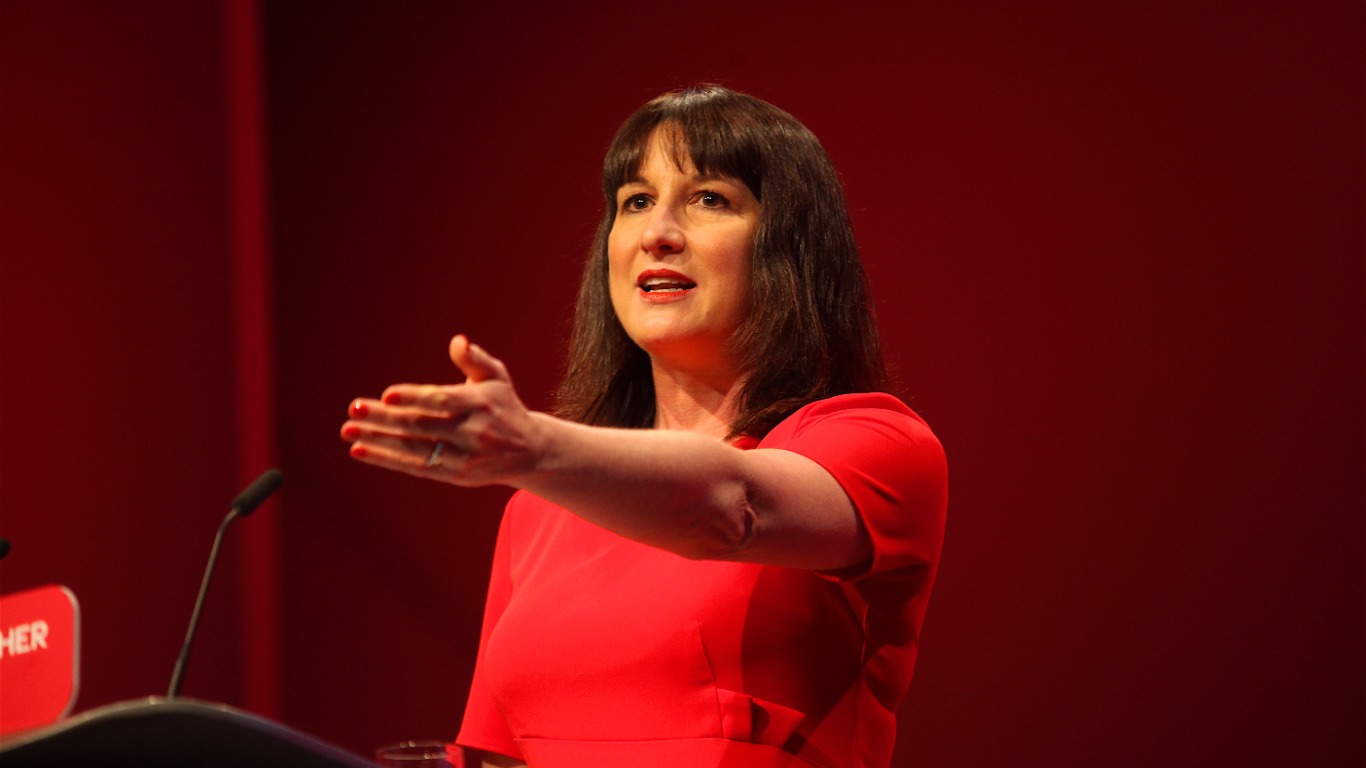Spring Statement 2025: what it means for your money
The chancellor has delivered her inaugural Spring Statement. These are the key takeaways affecting your pocket.
Chancellor announces £14bn 'repair job'
Chancellor Rachel Reeves delivered her first Spring Statement on Wednesday, 26 March.
Speaking for a little more than half an hour, the chancellor unveiled a raft of painful welfare cuts.
Traditionally, the Spring Statement has been a relatively minor event in the fiscal calendar.
It provides an update on economic prospects and minor adjustments to Government policy.
However, with the UK economy stagnating and Government borrowing costs rising, the public finances have deteriorated notably in recent months.
In fact, Chancellor Reeves revealed that the Government's £9.9 billion 'fiscal headroom' – the amount of leeway it has to avoid breaching its spending rules – had been completely wiped out and, without any intervention, would have actually been overstepped to the tune of £4 billion.
As a result, she announced a whopping £14 billion "repair job" in her Spring Statement to put public finances on a surer footing.
While much of this fiscal package is targeted at areas that won't directly affect your pocket – such as Foreign Aid and public sector reform – there are a few changes worth highlighting.
This article will explain exactly what it means for you and your finances.
UK growth halved
Before we get into the specifics, it's worth starting with perhaps the most remarkable revelation of the day.
The public spending watchdog, the Office for Budget Responsibility (OBR), revealed it has slashed its UK growth forecast for 2025 to 1%, having stood at 2% as recently as October.
This means either its initial predictions for the year were wildly optimistic or that the economy has stalled notably since the chancellor's tax-raising Autumn Budget in 2024.
Whatever the reason, the outlook for our finances shows little sign of improving for now.
The chancellor ended her statement by saying that the Government's "plan for change was working", but the numbers suggest a different story.
Income Tax thresholds untouched
Income Tax rules were a hotly debated issue in the run-up to the Spring Statement, with many wondering what the chancellor’s next move could be.
Since 2021, the Personal Allowance (the amount at which you start paying tax) has been stuck at £12,570 for Basic Rate taxpayers.
The Higher Rate kicks in on income above £50,271, and the Additional rate at £125,140.
The hold is due to remain in place until 2028, but there had been rumours Reeves could extend the freeze.
Luckily, she didn’t make any changes her Spring Statement.
Inheritance: how to pass on your wealth and property whilst minimising tax
Pensions triple lock: safe
While the Spring Statement had sparked usual speculation about the future of the State Pension's triple lock, most experts had ruled out major changes in advance – and they were correct.
Under the current system, annual increases for retirees follow inflation, average wages or 2.5% – whichever is higher.
It looks like retirees can breathe a sigh of relief for now as Reeves made no mention of slashing the lock.
That said, rumours of a cut will no doubt surface again ahead of this year’s October Budget.
Any threat to the triple lock would, of course, be devastating for already cash-strapped retirees.
How much the State Pension pays in 2025
Deep welfare cuts
As was widely trailed before the speech, welfare bore the brunt of the chancellor's cost-cutting plans.
The £4.9 billion in welfare cuts represents the biggest single reduction for a decade.
One of the few surprises announced in the Statement related to the health element of Universal Credit.
While we already knew that this was going to be halved for new claimants to £50 a week in 2026/27, the chancellor then revealed it will now be frozen at this level until 2029/30.
Shortly after the statement, Government analysis of the overall welfare cuts suggested 3.2 million families would lose out as a result.
Inflation a growing concern
There was initially some good news this morning when inflation was revealed to have dipped from 3% to 2.8% in February.
However, it's unlikely this is the start of a downward trend towards the official 2% target.
Indeed, the chancellor revealed in her speech that she only expects inflation to hit that point in 2027.
The OBR public spending watchdog also upgraded its inflation forecast for the whole of 2025 from 2.6% to 3.2%, further highlighting that February's dip will prove shortlived.
loveMONEY comment: pain deferred until the Autumn?
Such is the depth of the gloom surrounding UK finances of late that we should probably be grateful that even more painful measures weren't announced in the Spring Statement.
While there were obviously deep cuts to the welfare bill that will hit many of the poorest households, the State Pension triple lock remained untouched while the hated freeze on Income Tax thresholds was not extended further.
Indeed, most of the areas reportedly in the firing line remained unscathed.
Of course, the chancellor has been at pains to stress that she will only deliver one major financial event each year - the Autumn Budget - so it's possible that all the bad news has merely been postponed for a few months.
As we've highlighted before, many analysts believe the plans announced in last October's Budget won't balance the books and that more tax hikes will be required if the economy doesn't improve markedly.
Given the OBR has just halved its growth forecast for 2025, we should perhaps all prepare for more pain as Autumn rolls around.
Comments
Be the first to comment
Do you want to comment on this article? You need to be signed in for this feature
